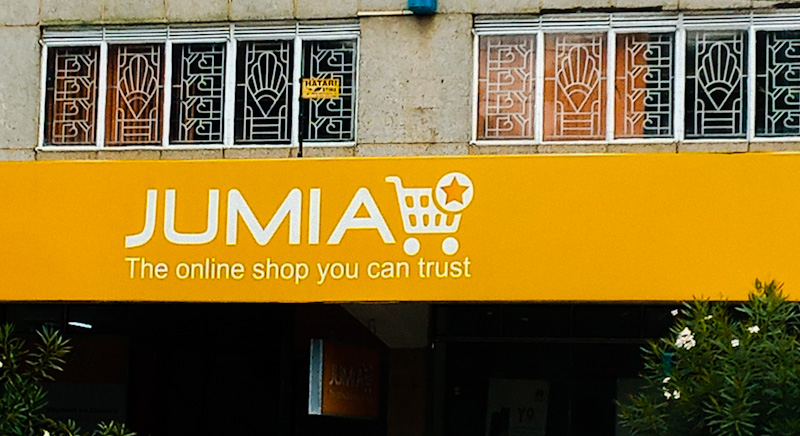Nairobi is the leading city across Africa for online food delivery, followed by Casablanca (Morocco), Lagos (Nigeria) Kampala (Uganda), and Abidjan (Ivory Coast) according to the latest Kenya Food Index 2020.
According to Jumia, food delivery volumes between March and August 2020 witnessed a surge due to the Covid-19 pandemic.
“Home delivery from restaurants & supermarkets is growing fast, as more consumers are choosing to order from home or the office and want to avoid crowds,” said Jumia CEO Sam Chappatte.
The report found out that the enhanced availability of popular vendors and increased mobile and internet penetration in the country played a role in raising awareness of online shopping platforms such as Jumia Food.
“Kenya also leads the pack in mobile internet penetration, showing the tendency of Kenyans to browse via their smartphones and apps above the desktop. Urban, young and tech-savvy people between 25 & 34 are the largest segment of consumers,” reads part of the report.
The Kenya Food Index Report indicates the estimated market size for online food and beverage is Kenya’s Ksh 1.8 billion and projected to reach 3.8 billion by 2024, African Development Bank (AFDB).
The country’s 2.1M active online consumers are expected to double by 2024. “This projection is encouraging as it promises job creation and an injection to the local economy – assuming the Digital Economy is allowed to flourish.”
During the period, chicken was the most popular cuisine among online customers in Kenya between March and August 2020, followed by burgers and pizza.
Kenyans spent Ksh 2000 on average for a meal on Jumia Food 25 percent higher than the same period last year, while the least expensive meals cost as low as Ksh 200.




